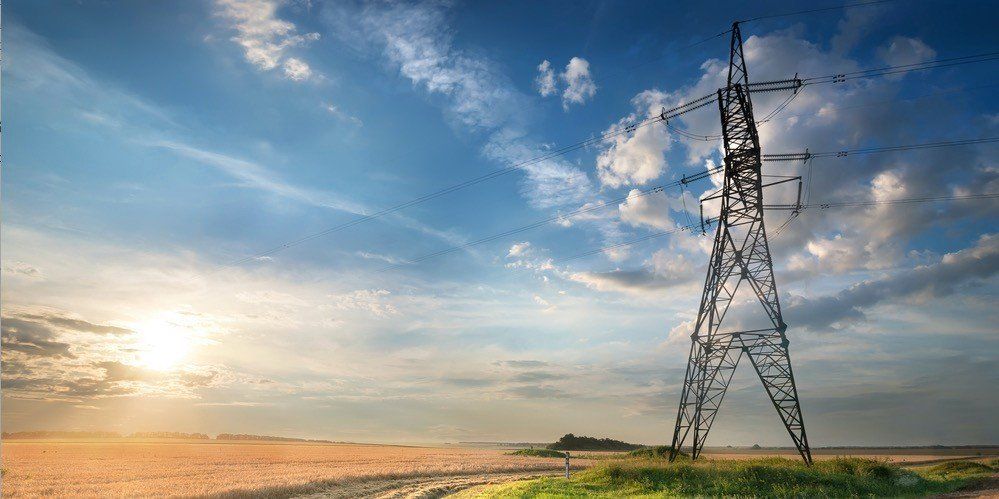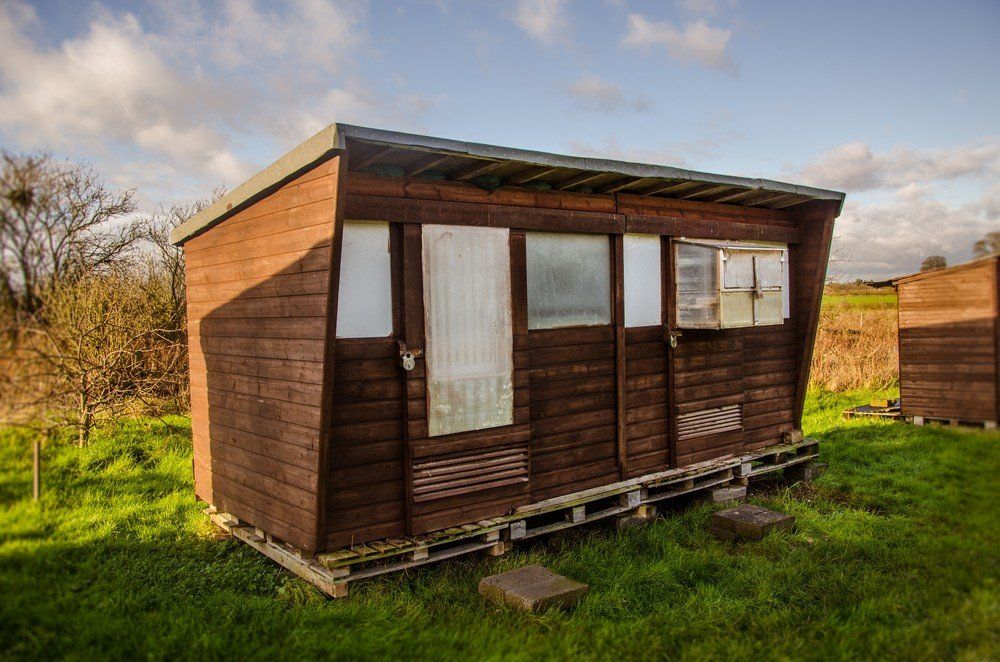Urban "Off the Grid"
You're on "the grid"
Every few weeks, we open our mailboxes (or our email inboxes) with bated breath. Inevitably, we find another heap of utility bills, waiting to separate us from our hard earned dollars. This is not unusual; this is simply part of life for most Canadians. But, what if it didn’t have to sting so much? What if this cycle didn’t have to replay itself, in it’s ugly fullness, month after month? What if we could cut down on our bills while being kind to mother nature?
For a small (but growing) number of hard working Canadians, living utility bill free has become a reality. How, you ask? These folks have left the power grid behind. And no... no one is suggesting you move to a place like this (unless of course that is what you want to do).
Now, let’s be frank, here: many of these “off the grid’ers” live in rural areas, often times to the point of total and complete seclusion. But the fact remains, most of us live in urban areas. We’re involved in our communities; we have families and responsibilities. So, while it may not be possible for the majority of us to live entirely off the grid, it’s certainly worthwhile to ask the question of, “How can we use the self-sustaining technology that’s been developed to lessen our footprint and gain a measure of independence for ourselves?”
WHAT is “the grid”?
You’ll hear the term “the grid” often within this series; but don’t be afraid. Each time, we’ll be referring to the power grid, or the power distribution grid. Essentially, it’s the way that power travels from it’s source to your home.
Most of us use this power every day, for various tasks such as: connecting our devices and appliances to power outlets, cooling our homes in the spring and summer, heating our homes in the fall and winter, cooking our food, refrigerating much of our food, etc. And sadly, we, as a society, have become largely dependent on this technology; so much that, in the event of a power outage many neighbourhoods become completely crippled. The city of Toronto suffered a major ice storm in late December of 2013, and countless folks had to leave their homes because they weren’t set up to live, even a few days, without grid powered electricity.
WHY going “off the grid” is gaining traction...
Why is going off the grid gaining traction with an increasing number of people? There seems to be three main reasons. Firstly, producing your own power takes away the need to buy it from others, thus saving you money. It’s just that simple. Secondly, for many individuals, concern for the earth and the desire to cut down on their environmental footprint takes precedence. And thirdly, many people simply don’t like the idea of remaining reliant on others for the necessities of life.
This is larger than fear mongering, and it’s wider than the few individuals who live in the hills outside of town. As the population grows, and as the threat of natural and man-made disasters creep closer to home, many individuals are asking, “What would I do in the event that [fill in the blank] happens?”. And this question often leads to a deepening interest in all things self-sufficiency.
WHO can do it?
If you resonate with any or all of the previous rationales behind going “off the grid”, you might be a candidate to take the next step.
Which leads us into our final “W” of this post:
WHERE: Off the grid living in an urban setting...
While “off the grid” style living has been popularized by people who generally occupy the nooks and crannies of this world, an increasing number of city and suburban folk are taking up the challenge. The Ingredients needed are straightforward: willing individuals, a base of knowledge (because remember, knowledge is power!), and some help to get it all started.
Urban “off the grid” living is honourable and achievable (at least to a certain degree). It just takes a little creativity and a willingness to look at life from a slightly different angle.
RECENT POSTS








